Scholarships (Part III) What The Coaches And Athletes Have To Say
by Perri Williams
An important part of the advice that we gave to you in part I of this series was to seek out athletes who have or who are attending US colleges on an athletic scholarship. In this, the third of our series of scholarship articles we bring that information to you. We surveyed and interviewed coaches, athletes (past and current) listened to their side of the scholarship experience, as they recounted their experiences and offered advice. This article will focus on what the athletes and coaches had to say regarding accepting a US scholarship, the level of training they should have prior to embarking on their scholarship, specific advice prior to going on scholarship and the benefits of being on scholarship. Sonia O’Sullivan, one of Ireland’s greatest ever athletes has also made a contribution to this advice.
The final article (which will be published next week) will focus on the coaches and scholarship students’ experience and advice for training, and life after college.
What advice would the coaches give before accepting a scholarship?
Andy Ronan (Head Coach Stony Brook University) stressed the importance of understanding the academic profile of the school and looking at the history of the program, length of time that the coach has been at the school and dig into the development of the athletes that have attended the program. “Look at how the program has worked for not only the athletes that came in as high profile but has it a history of developing the athletes that may not have been as successful in high school/secondary school”.
Peter Dalton (Head Coach Tennessee Tech). Dalton suggests the athletes should strongly consider where they fit within the program. “Basically, you don't want to be the top runner in the program, but you certainly want to be relevant enough (top 10 on the depth chart) where the coach feels like his time is worthwhile”. He also suggests that other considerations are specialization academically and the location of the college.
Ray Treacy (Head Coach Providence). Treacy emphasizes the importance of knowing what you want to do before you come over. Providence is a liberal arts college thus if you want to study engineering it would not be a good fit. Tracey also alludes to understanding the balance between academia and athletics.
Taylor Gulley (Coach Tulsa, Oklahoma). Gulley stresses the importance of understanding the commitment needed to both running and academic and this demands quite a bit of sacrifice. Various programmes have different sets of standards and expectations. So before accepting a scholarship you must find “somewhere that fits your personal goals & needs”.
The coach’s advice on training prior to attending a US college.
Advice on training in the year prior to coming to a US college varies and is university specific. Some colleges like to give the athlete a programme to work prior to coming over, while others are happy to adjust the athletes training gradually under their auspices. The advice given by the coaches interviewed serves as a guide to the expectations of most colleges.
Andy Ronan: “If I was to pick a time period that they need to be doing some work it would be in July and August before they travel over, so that they arrive with a decent amount of base training in their legs, it will help with the transition to the program they are entering”.
Peter Dalton: Dalton advices athletes to get more consistent in their holistic approach to training. To facilitate the inevitable higher volume, needed to take the next step at the collegiate US system, “the nutrition, strength, wellness schedule like rolling, stretching, norma-tech boots, ice baths, and such, needs to be second nature. Also, a gradual progression of weekly volume should be in active for the final year in Ireland”.
Ray Treacy: Treacy attempts to get a clear idea of what an athlete has done prior to coming out. “Providence develops a program from what they (athletes) were doing up to a year before hand. The athletes will do the same volume for a month or two and then make a change”. Treacy expects that an athlete will be able to handle both academics and running while in Ireland and “typically except them to perform up to Christmas of their leaving cert year”.
Taylor Gulley: Tulsa ensures that the coaches have a clear idea of what someone has done training wise prior to coming out. “We then try to sit down with the athlete, set goals and let the training flow from there versus having a pre-set plan as to what an athlete must do once, they arrive. I've had athletes end their seasons early to get ready for Cross Country, while I've had athletes that have competed all summer. You approach both of these scenarios very differently”.
However, some athletes like Aoibhe Richardson mentioned “I wish I had gone into my first year with a better base - I took a late break and didn't prioritize training the summer before I went over, and it really showed. So I wish I went over a bit fitter so that I didn't feel so out of my depth”.
Athletes might consider not going directly to the US after college and completing their degree in Ireland. This will give them time to build up volume and get stronger. Cathal Doyle (Portland University, Oregon) had already competed his degree in Ireland and attended college in the US at a more mature level “When I went over I was actually at a level I could qualify for regionals/nationals and not feel way down the pecking order”. It was the same for Cormac Dalton (Tulsa, Oklahoma). Dalton had used the four years of his college time in Ireland to “become fit and strong enough to handle the harder training” when he went to Tulsa for his master’s degree.
What advice would current, and past scholarship athletes give to Irish athletes seeking a US scholarship?
Research. This word was ubiquitous amongst the athletes that responded. “Do research on schools in the US and find coaches emails or Instagram’s” said Irish International Anika Thompson (Oregon State). “I wish I did more research and spoke to more people prior to moving to the US. I went there knowing very little on how the NCAA system worked and how life is at university here. I felt like I was behind and then had to play catch up to fully understand and utilize everything that was available to me” stated Jo Keane who moved from West Virgina to Ole Miss last year. The lack of knowledge that athletes have regarding the NCAA system, the academics and even the training itself is something athletes think about in hindsight. “I wished I had known more about collegiate athletics and how to go about contacting schools. When I transferred for grad school, I found it a lot easier as I knew of the various schools, public vs private, funding, divisions etc” was the experience of Anna O’Connor who completed her undergrad at St Leo’s in Florida and this year completed her masters at Wayne State in Detroit, Michigan.
Part of this research “means understanding exactly what the scholarship the colleges are offering you entails and consists of” stated Shay McEvoy (Tulsa). Keeping lists of the colleges you are interested in and their correspondence are a helpful way of organizing your information. This was something that Ryan McCarthy and Nicole Dinen found helpful. Reaching out to other athlete’s forms part of this research process. “It can be good to get the perspective of current team members rather than talking solely to the coach” said Meabh Richardson (Portland).
However Sean Tobin who spent four years at ‘Ole Miss suggests the importance of talking to people who have already graduated from the college you are interested in and are out of the system a few years. “When you talk to someone in the system it’s all positive and they kind of sell the college,” said Tobin.
While speaking to those who have experienced the scholarship system is helpful. It is important “to choose a school that’s suits you best”, was the advice given by Cara Laverty (Providence). “I feel like you can get lost during the recruiting process by seeing how well others have done at particular schools, which is important, but you need to remember what works for some people may not work for you!”.
Edel McCreery (Bradley University) acknowledges the huge part Instagram and social media plays in the recruitment process. She also stresses that for this reason it is important to post your results. In essence athletes have to market themselves. “I would advise athletes to follow the colleges they prefer on social media and to reach out to them if they want to be noticed” suggested Claire Crowley (Boston College).
Coaches undoubtedly do reach out to some athletes, especially the ones posting exceptional results. But not every athlete who goes on scholarship has the privilege of being in this position. Aoibhe Richardson (Portland and San Francisco) reached out to thirty plus schools when she was first looking to go to the US “and I got a lot of no’s” she said. Richardson also stated “Even if you don't quite meet the standards set out on the website or you think the team is too good for where you're currently at, it's always worth sending an email and detailing out your progression and training to date. Coaches are always interested in athletes with untapped potential, and athletes from Ireland are often coming from an undertrained background so coaches might be willing to take a chance on your potential.” In fact Peter Dalton head coach at Tennessee Teach looks for athletes “with talent but that are not over-trained”. Which is one of the reasons they look at Irish athletes.
Asking questions is another piece of advice that featured strongly in the athletes’ responses. “Have questions prepared if you are talking to a coach,” said Nicole Dinen. “On the visits ask lots of questions. Especially very detailed questions about the training and coaching philosophies in the college. Get right into the nitty gritty so that you aren’t surprised by anything when you get there” said Una Brice who is currently attending UMASS Lowell.
Orla O’Connor mentioned health insurance. “Make sure to ask about health insurance too. It’s costly over here so make sure your school covers that cost as-well”.
Campus Visits
Athletes are also advised to visit the campus. This is typically two to three days, where the potential scholar “lives on campus”. Jane Buckley is one of many athletes who spoke about visiting the campus. “Visiting is important because you will get to meet the people who will be your teammates and experience the team atmosphere which you need to know if you will like or not”, said Buckley. “Typically we suggest visiting the college and spending forty-eight hours on campus where you will meet the people, the coach and the team” said Ray Treacy who has been head coach at Providence in Rhode Island for over forty years. "It is important to see if the team is compatible. It is during this time that we as coaches figure out things about the athlete. For example, if the athlete is still talking about staying at home, then we know they are unsure or not confident about coming across to the states”. Treacy finds that the visit to the campus can often enable an athlete to become more comfortable about moving to the US.
Sean Tobin visited four colleges before settling on ole miss and these colleges resided in an array of climates. “I knew warmer climates were going to be a major challenge for Irish athletes when they competed so why not live in it” said Tobin,
Athletics is like a job, and someone is paying you to do it.
Shay McEvoy (Tulsa) makes a very significant contribution to the advice offered to prospective scholarship students. “If someone is paying for your education and for you to run it is a job and standards are expected of you, this creates pressure and there is no point getting away from the fact that you are ultimately judged by your work-ethic and commitment to the team, the NCAA is a business and anyone wishing to avail of the brilliant opportunities it offers needs to understand this. If you are looking for a balanced lifestyle or a college experience, I would not recommend joining a team that is trying to compete at the highest level of the NCAA, it is full on and intense and pretty-year-round. But if immersing yourself in a high-performance environment to see how good you can be is what you’re looking for, I couldn’t recommend enough. I would say it is not for everyone and expect to feel some homesickness as that’s just a natural thing and understand that it is a huge commitment/decision to leave home at 18-19 and move across the world, from what I’ve seen if you are not totally committed to that decision, there is no point making the leap to come out here.”
This is something that is echoed by Shay’s coach at Tulsa, Taylor Gulley. “I think it is really important to understand what the NCAA and the expectations various schools may have. It is a massive time commitment and one that requires quite a bit of sacrifice to be successful.”.
Expectations are something Coach Ray Treacy also mentioned. “Too often international students show up here and want the full full US college experience. Unfortunately it's not always possible to do what the regular students do. Be prepared to do what you need to do. When the student is in the US for a longer period they can expand into other elements of social life here in the US. However, that certainly would not happen in your freshman year”.
“Students need to be patient with the process, as some athletes take longer to adjust to what is basically a new way of life, than others” said Andy Ronan Head Coach at Stony Brook.
Commitment and the extent to which athletes have to be committed to their programme is something some Irish athletes do not realise prior to accepting a scholarship offer. Too many times an Irish athlete has landed in the system wrapped up with the dream of going to college in the USA only to find the full commitment is not for them and they return home. This is one reason why it is the athlete themselves (and not their Irish coaches or parents) should do the research, fill in the paperwork and speak directly to the coaches and other college athletes.
Focus on Academics
“It’s all well and good having the performances but if you’re not doing your job in the classroom then your athletics won’t count for anything” added thrower Liam Shaw (Goshen College).
Prospective scholarship students should be under no illusion about the importance of academics. While they may have been recruited due to their athletic accolades, all the coaches I spoke with stressed the importance of academics. Tennessee Tech coach Peter Dalton looks first at a person’s maturity, then academics and thirdly athletic talent. “At Tulsa, we typically seek athletes who want to put time & energy into the academic side of things, just as much as the athletic side” said Tulsa coach Taylor Gulley.
Meabh Richardson liked the fact that classes in the US are structured around training times. “You are able to fully prioritise your training and do not have to worry about class conflicts. The professors in my university are also extremely understanding and accommodating when athletes need to miss class due to competitions, and they make it as easy as possible for you to catch up on the work you miss”.
Coach Ray Treacy regularly advises athletes to take their classes between 8am and 2.30pm in order to facilitate training. “Where there is a clash, the academics always take precedence,” said Tracey.
Sean Tobin was very emphatic on learning from mistakes he made in terms of academics. “The Academic program did not influence my decision to go to America, for me it was all about running. I never knew what I wanted to study, and I never even considered Irish colleges. Looking at it now, I wish I was more in tune with the academic side of the scholarship programme”. Tobin took general studies – business, criminal justice and recreational administration.
However Sonia O’Sullivan feels the 50/50 balance between Academics and Running is one of the perceived benefits of the US scholarship system. “I perceive that in Ireland athletics is at best 20%, Academics 80%. There is a lot more pressure in Ireland as the colleges generally demand more academically”.
Benefits of being on scholarship
O’Sullivan one of Ireland’s greatest athletes and Olympic silver medalist sees many benefits to the US system. These include (i) Group Training (ii) it’s very organized (iii) great facilities which include, a track, gym, having access to recovery and nutrition as well as gear, travel to races. O’Sullivan added “training is often structured around classes”. Other benefits O’Sullivan cites are the “depth of competition and competition that is not always focused on times you learn how to race tactically”.
Group training, racing and being part of a team cropped up frequently in the benefits cited by the athletes that were interviewed.
“Being part of a team of like-minded people makes the grind of distance running a lot easier and more enjoyable”, said Peter Lynch (Tulsa). Orla O’Connor (Providence), Jo Keane (Ole Miss), Michael Morgan (Providence), Sean Lawton (Iona), Fionn Harrington (Loyola), Ryan McCarthy (McNeese, Louisiana) all expressed the same benefit. “The benefits of training in a quality group is hard to underestimate” stated Morgan.
For Cathal Doyle, a Paris Olympics semi-finalist over 1,500m and a Portland graduate, the best benefit was “the access to competition, the standard is world class at the top level so you’re likely to always be facing tough opposition in most races”. Sophie O’Sullivan (Washington) also found the competitive scene to be a major benefit over home; “exposure to a lot of races and races with different and new people helps you learn so much that you wouldn’t otherwise, when racing similar people at home”.
Una Brice, a pole vaulter certainly knows of the benefit of competition. In Ireland competition opportunities for Pole Vault is more limited. Not only can Brice benefit from the more competitive environment but she can also train with groups of pole vaulters.
Having done college in both Ireland and America Anna O’Connor suggested, it was far easier to train and study when your schedule was worked around practice and all of your friends were also doing the same thing.
Facilities
Many of the athletes I spoke with mentioned the facilities as being one major benefit of being on scholarship. From an Irish perspective it is hard not to mention facilities especially with the lack thereof here in Ireland. For most athletes on scholarship having everything from indoor and outdoor tracks, gyms, recovery rooms and anything an athlete needs all on your campus doorstep is like a dream come true.
“I have access to facilities I wouldn’t have at home. There is an indoor and an outdoor track with a shot ring and a discus cage that are within walking distance of my dorm”, stated Liam Shaw. “The facilities are above top class” said Cormac Dixon (Providence). Claire Crowley, Billy Coogan, Jo Keane, Sean Tobin, Nicole Dinen mentioned facilities as one of the benefits. However Taylor Gulley issues a warning to prospective students being increasingly focused on facilities.
“I think alot of international recruits are becoming increasingly focused on facilities and social media presence when that frankly has very little to do with your potential success within the US. He suggests that athletes should “focus on the areas that will help you become a better athlete, student & person”.
Conclusion
There are enormous benefits to attending college in the US on a scholarship. From facilities, support systems, training groups, access to competitive races and academics. The coaches work with Irish athletes to ensure they are prepared in the best possible way for entry into the US system. The athletes themselves are very appreciative of the opportunities that they have been afforded. While some wish they had done more research, despite not being 100% as familiar with things as they wish they had been, most athletes are delighted they made the brave move and hope the advice given will help future Irish athletes preparing to make a similar journey.
In the words of Shay McEvoy “When you have chosen the right university, and you have proven that you are serious and committed to the team and process, you will be valued and respected as both an athlete and person. It is a life-changing experience and eye-opening to what it takes to succeed at a high level in our sport, but you will be afforded every resource to try to get to an elite level”.
Join us next week for more on what the coaches and athletes have to say.
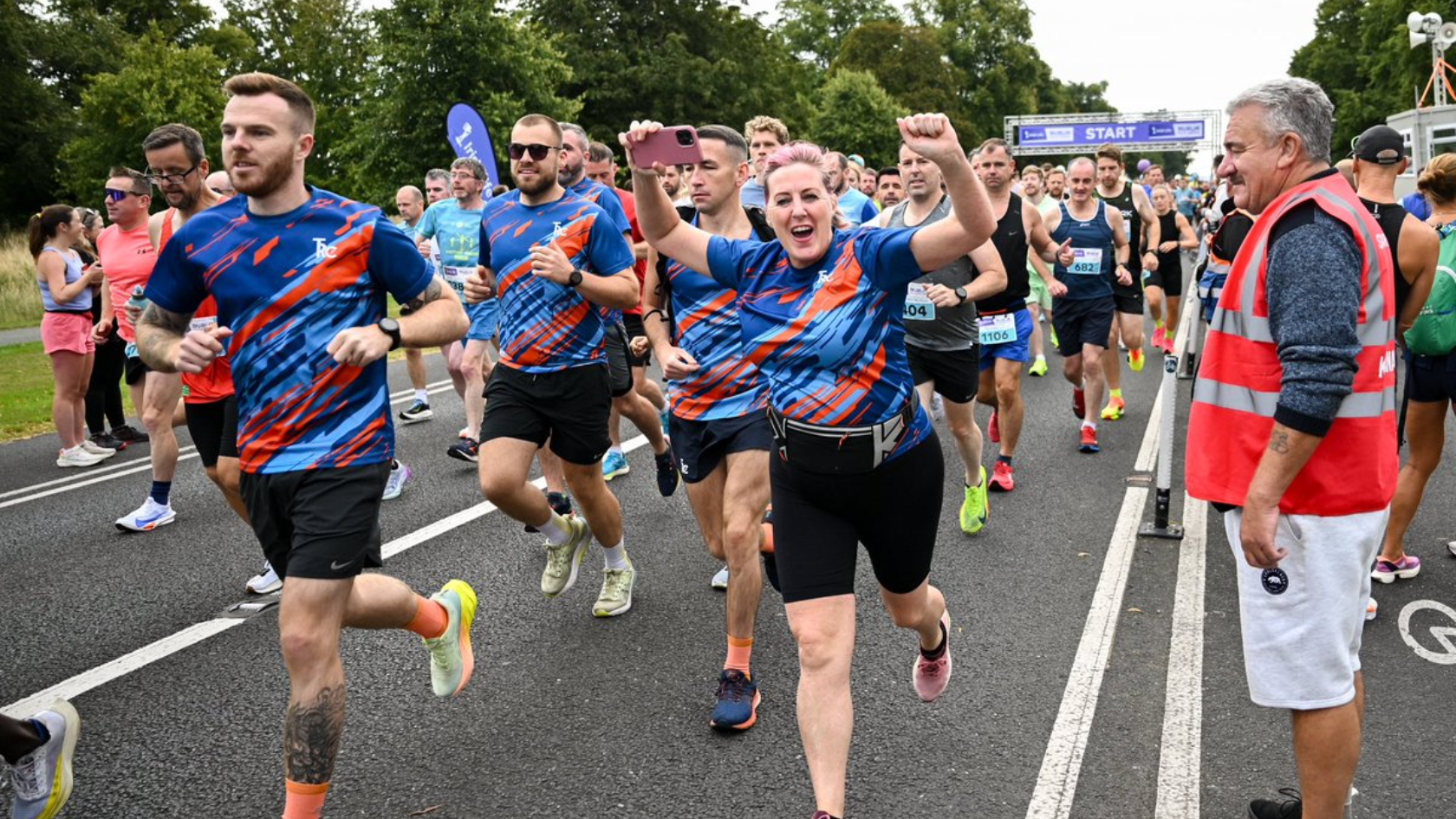
2026 Dublin Marathon Races Series Now Open for Entries
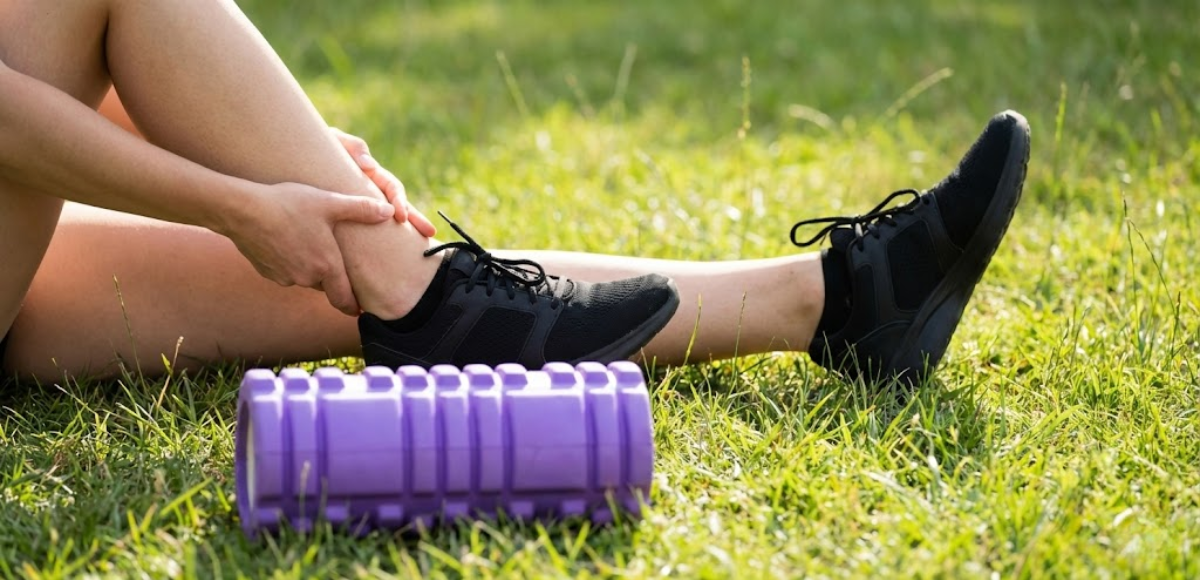
Rest Days Aren’t Optional, Here’s Why
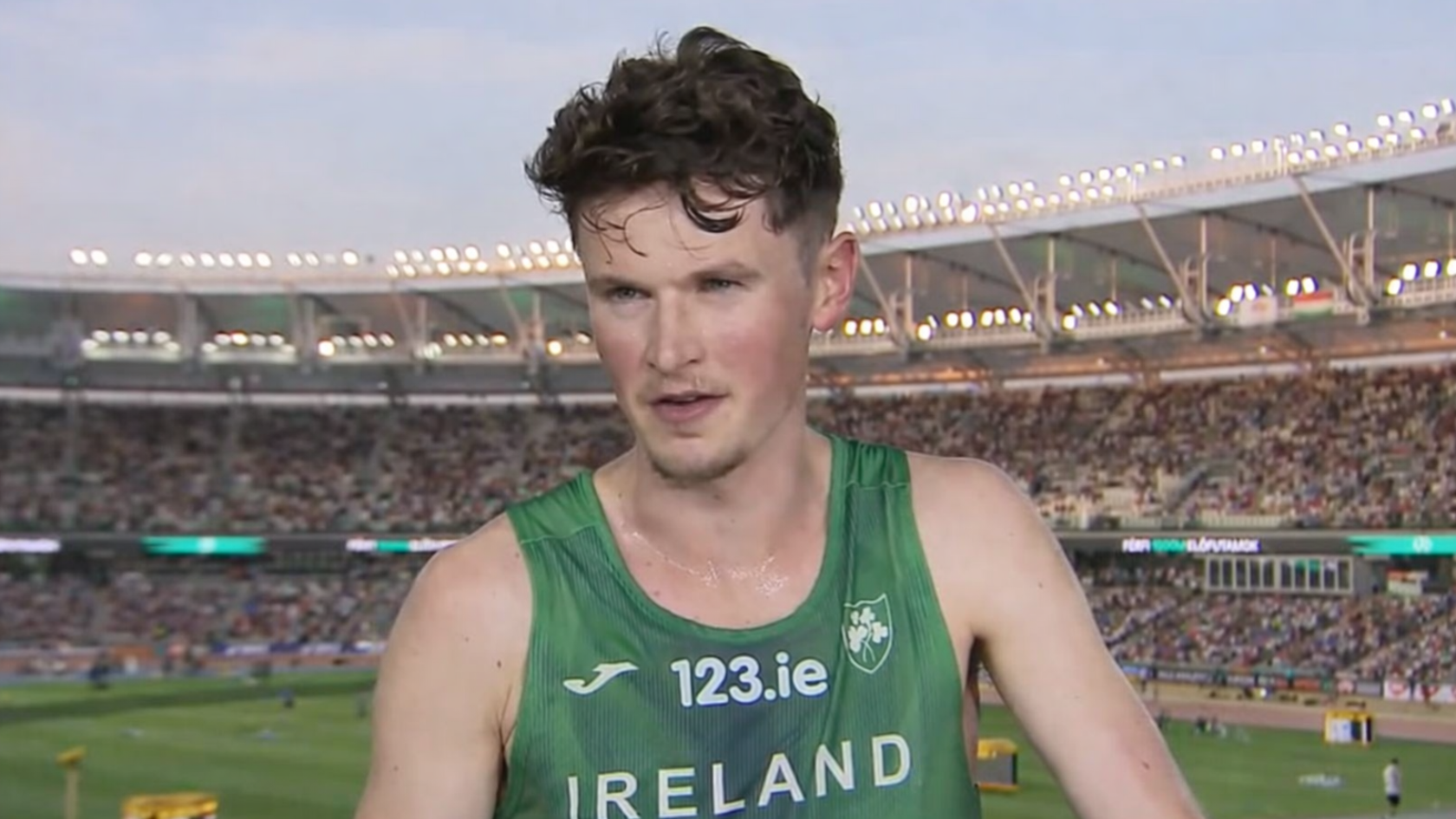
How to Irish Athletes in Action in Spain this Evening
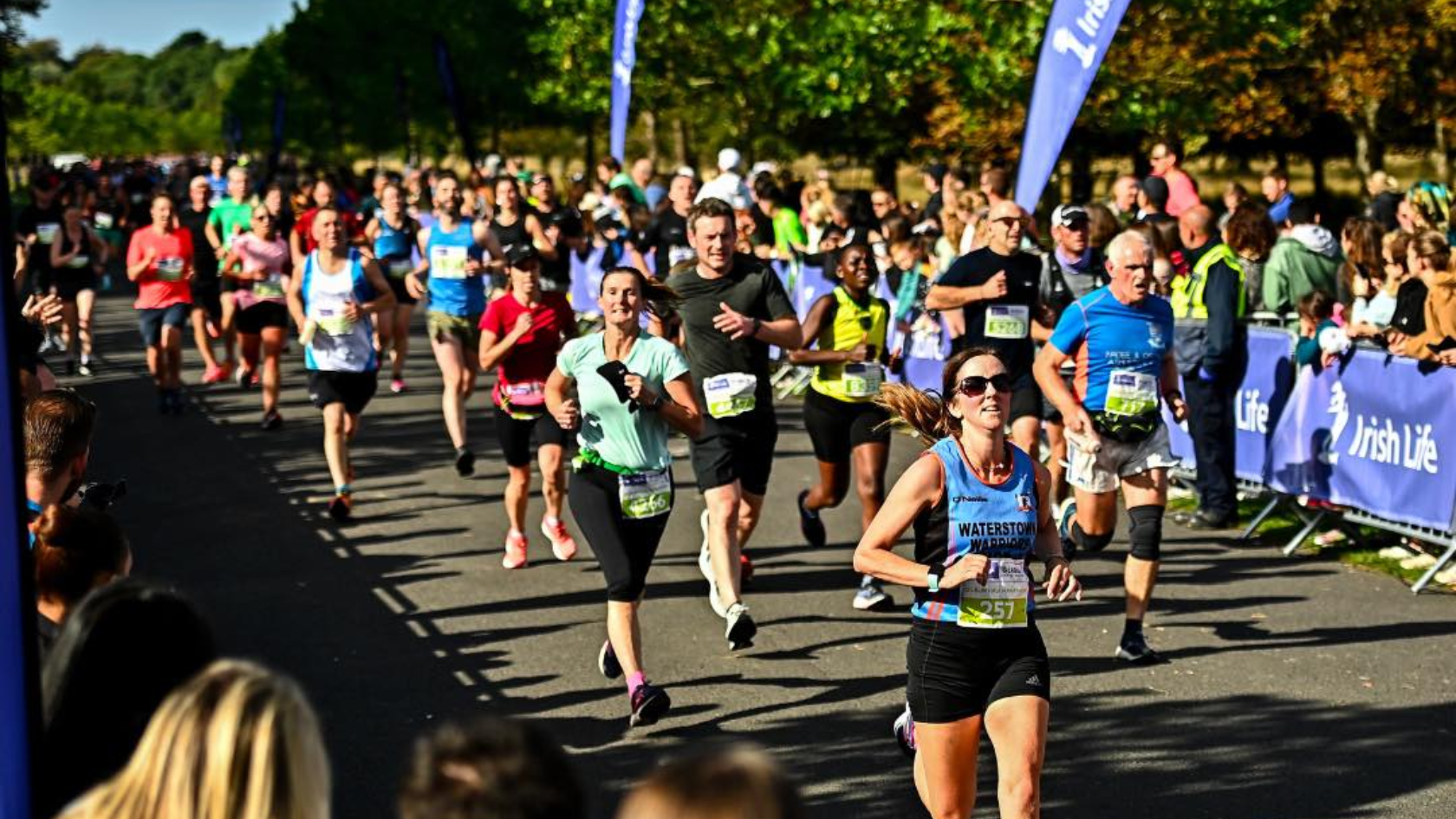
Everything You Need To Know About The Frank Duffy 10 Mile
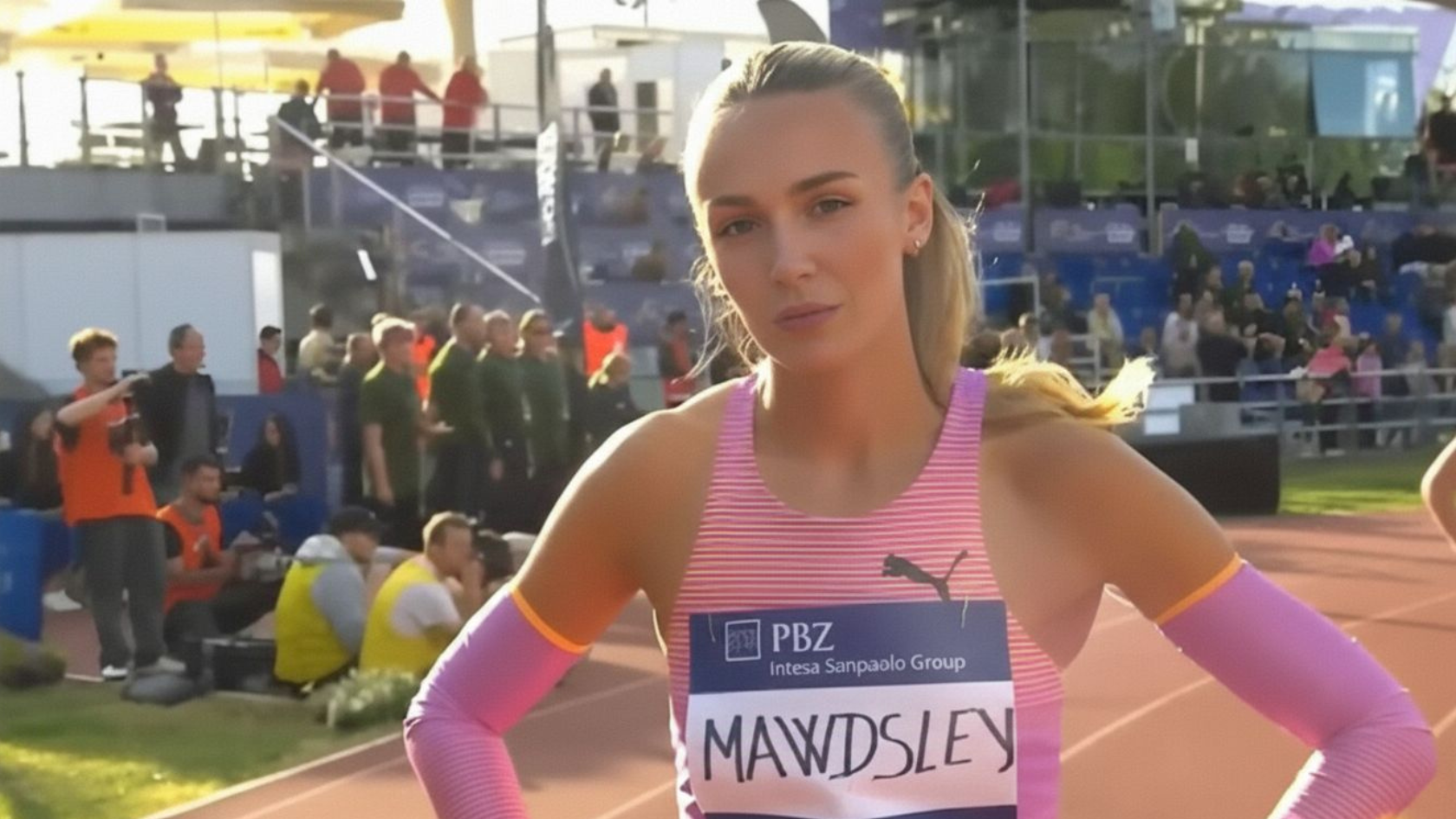
How to Watch Irish Athletes in Action in France this Evening
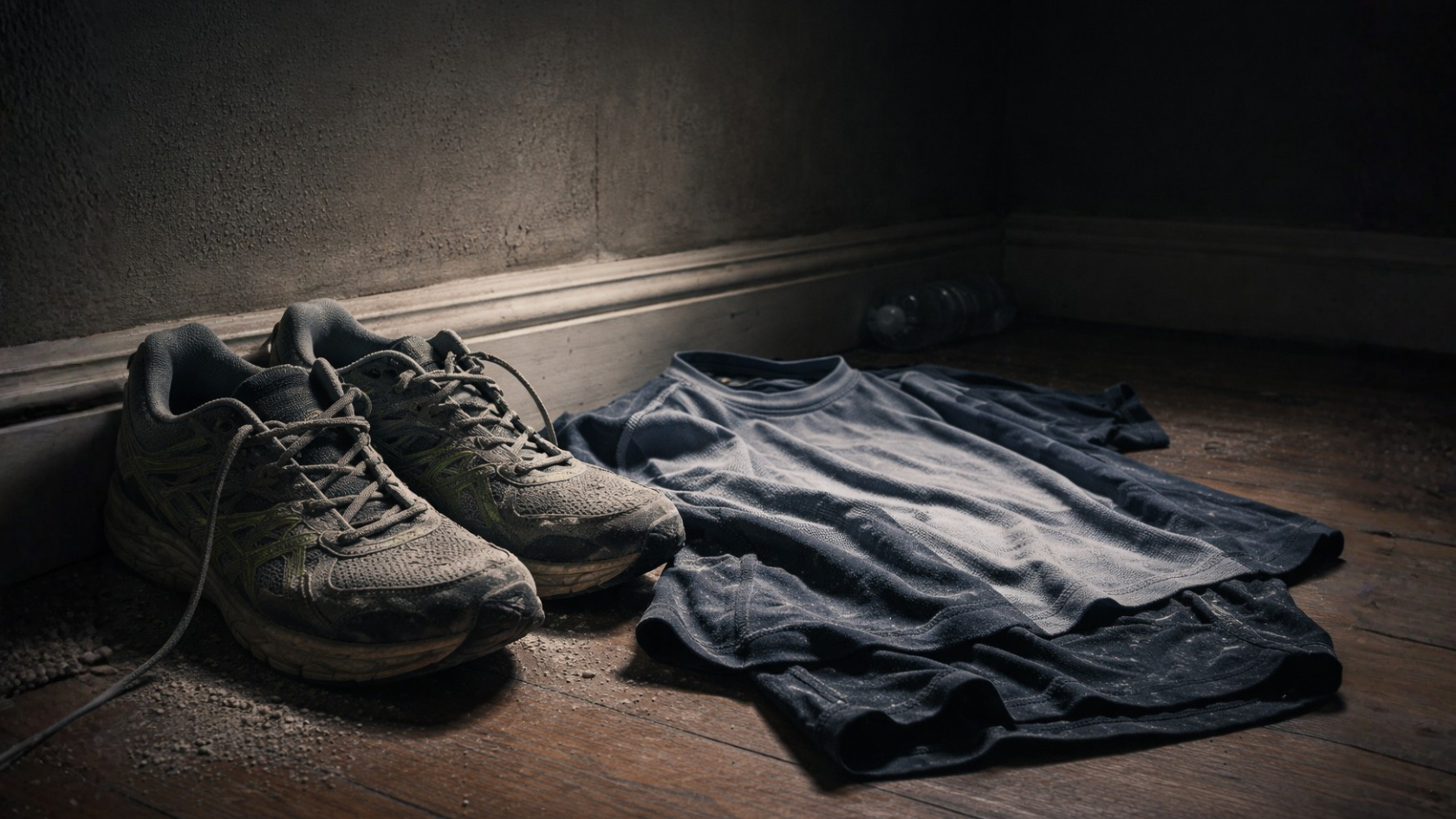
My Hair Transplant & Running II: I Didn't for a Year and It Was Kind of My Own Fault
